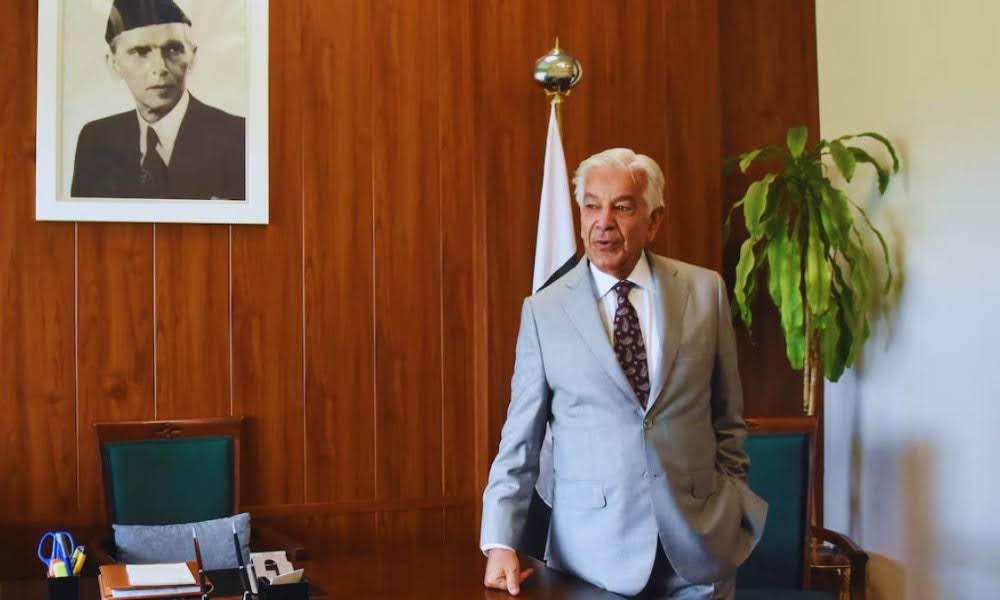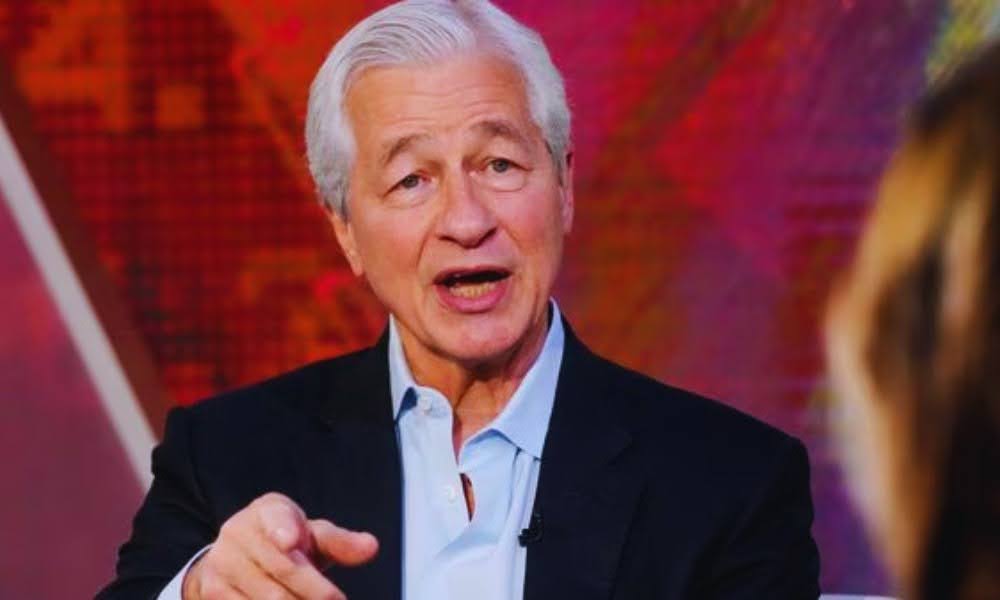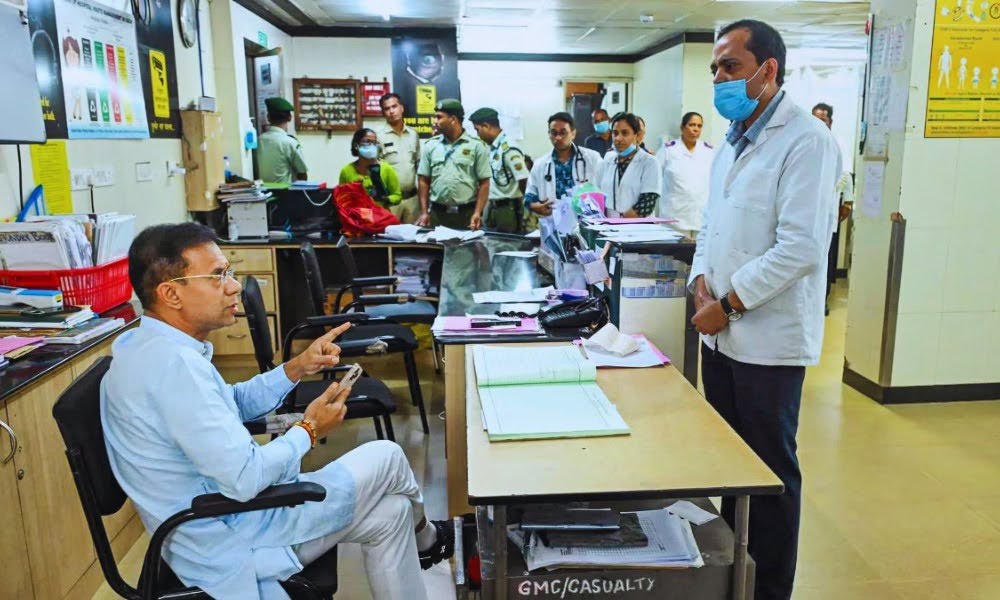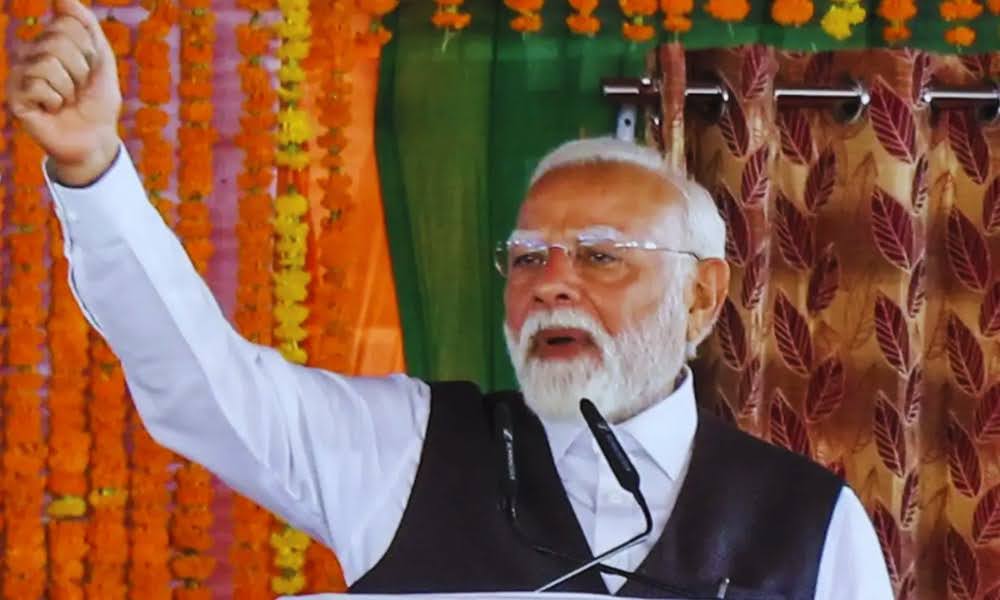Pakistan Clarifies Simla Agreement Stance After Defence Minister Calls It ‘Dead Document’

A day after Pakistan’s Defence Minister Khawaja Asif declared the 1972 Simla Agreement “a dead document,” the country’s foreign ministry clarified that no formal decision has been made to revoke any bilateral agreements with India, including the Simla pact.
Asif’s Statement and Its Implications
Asif made the controversial statement during a televised interview, where he said India’s 2019 revocation of Article 370 in Jammu and Kashmir had rendered the agreement obsolete.
“The Simla Agreement is now a dead document. We are back to the 1948 position, when the United Nations declared the Line of Control a ceasefire line,” he said.
He claimed the bilateral structure had collapsed and suggested future disputes should be dealt with via international or multilateral platforms.
The statement was made in the backdrop of heightened military tensions following India’s recent Operation Sindoor, which came in retaliation to the April 22 Pahalgam terror attack.
Asif also questioned the relevance of other long-standing accords with India, stating, “Whether the Indus Waters Treaty is suspended or not, Simla is already over.”
Pakistan’s Foreign Ministry Responds
In a swift response, a senior Pakistani foreign office official contradicted Asif’s declaration.
The official confirmed that while discussions are ongoing in Islamabad regarding recent developments, no decision has been taken to scrap any bilateral treaties.
“At present, there is no formal decision to terminate any bilateral accord,” the official stated. According to the foreign ministry, the Simla Agreement and other treaties remain in effect.
This move by Pakistan’s foreign office appeared aimed at controlling the diplomatic fallout of Asif’s comments and reinforcing a more consistent foreign policy.
The Significance of the Simla Agreement
The Simla Agreement, signed on July 2, 1972, by Indian Prime Minister Indira Gandhi and Pakistani President Zulfikar Ali Bhutto, followed the 1971 India-Pakistan war that led to the creation of Bangladesh. The key terms of the agreement include:
Bilateral Dispute Resolution: Both countries agreed to resolve differences through peaceful bilateral negotiations, without external mediation.
Line of Control: The agreement converted the ceasefire line in Jammu and Kashmir into the Line of Control (LoC), which both sides committed not to alter unilaterally.
Normalisation of Ties: Provisions were made to restore communications, travel, trade, and cultural exchange.
No Use of Force: Both nations pledged not to use or threaten force against each other’s territorial integrity or political independence.
The agreement has been a critical component of India’s foreign policy, with New Delhi consistently citing it as the framework for bilateral dialogue on issues such as Kashmir.
Return to a 1948 Stance?
In his remarks, Asif said Pakistan had reverted to the 1948 stance when the UN recognised the LoC as a ceasefire line following resolutions and ceasefire announcements.
He insisted that moving forward, “these disputes will be dealt with multilaterally or internationally.”
Asif also addressed Pakistan’s nuclear strategy, declaring that the country remains on high alert. He clarified that nuclear weapons would be considered only in response to a “direct threat” to the nation’s existence.
Rising Tensions and Diplomatic Outreach
Asif’s statements come amid rising tensions between the nuclear-armed neighbours, with military exchanges at the LoC and the International Border intensifying recently.
The defence minister also said that Pakistan had briefed several regional and international stakeholders, including Gulf nations, China, the United Kingdom, and the United States, on the situation.
“Some of our friends in the Arabian Gulf have talked to both sides,” he said, without identifying the countries involved.
He reiterated Pakistan’s position that while it does not seek war, it will respond forcefully if war is imposed. “Pakistan does not seek war, but if it is forced upon us, our response will be stronger than ever before.”
India’s Stance on the Simla Agreement
India has continued to uphold the Simla Agreement as the basis for all discussions with Pakistan, especially concerning the Kashmir dispute.
The bilateral format, as outlined in the pact, remains a cornerstone of New Delhi’s diplomatic stance and has been used to push back against calls for international mediation.
While Asif’s remarks suggest a policy shift in Islamabad towards multilateral engagement, the quick response from Pakistan’s foreign office indicates that any official changes remain unconfirmed.
The situation reflects internal divisions within Pakistan’s approach to its longstanding issues with India and highlights the fragile nature of South Asian geopolitics.








